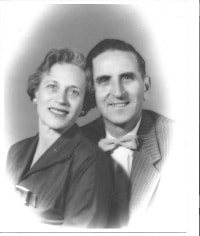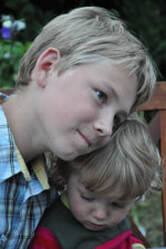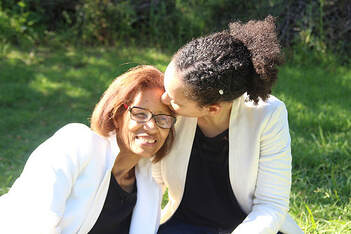
Isabel has plenty of company as other bereaved parents share similar stories. Most report an overwhelming wave of support during the initial period when the newly bereaved are protected by shock and can barely register their loss. When the numbness wears off and it is time to mourn, friends are sparse. The bereaved might find it hard to find others to share their grief and this is the time when loneliness sets in.
While many bereaved face the same dilemma, it can be particularly acute for bereaved parents. The death of a child is particularly tragic. It is unexpected and shocking, totally out of the natural order of things.
Bereaved parents lament not just the disappearance of old friends, but the pain of losing them. They don’t understand why some friends can’t stand beside them in their hour of need. One bereaved parent explains it best: "Some people don't want to feel what we're feeling."
This comment hit home as it happened to me. In one particularly painful exchange, a colleague’s husband told us he had a meeting scheduled the morning of our daughter’s funeral. He could have rescheduled, but was so uncomfortable with the idea of going to a baby’s funeral that he chose not to attend.
While I, too, lost friends after my children’s deaths, there were friends who stayed the course and embraced the wisdom of Irish statesman Edmund Burke: "The true way to mourn the dead is to take care of the living who belong to them." The friend you thought would be there may not, but someone else you never expected might step into their place. Embrace them and as gracefully as you can while letting the others go. The changing nature of friendship is another facet of the mourning cycle.
Robbie Miller Kaplan is an author who writes from a unique perspective as a mother who has lost two children. She has written How to Say It When You Don't Know What to Say, a guide to help readers communicate effectively when those they care about experience loss, available in ebooks for "Illness & Death," "Suicide," "Miscarriage," "Death of a Child," "Death of a Stillborn or Newborn Baby," "Pet Loss," "Caregiver Responsibilities," "Divorce" and "Job Loss." All titles are in Amazon's Kindle Store.









 RSS Feed
RSS Feed
